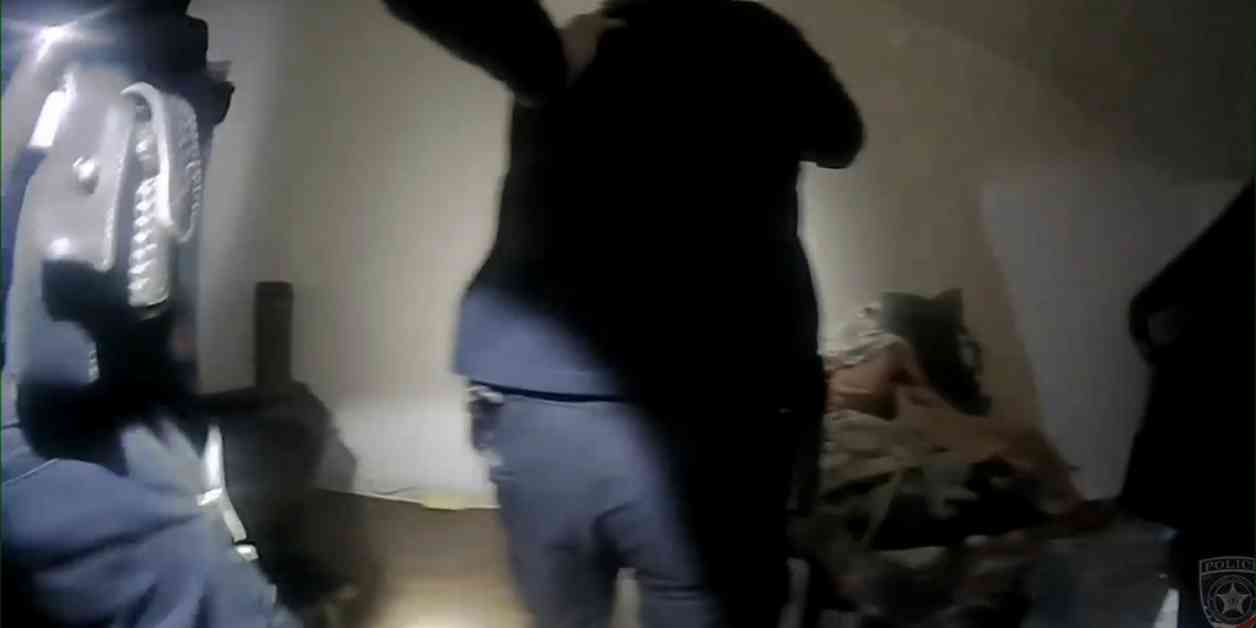Illinois police officers involved in the fatal shooting of an unarmed man in his home will not face charges, according to State Attorney Robert Berlin. The incident took place in Carol Stream, Illinois, resulting in the death of 30-year-old Isaac Goodlow.
Berlin stated that he was unable to prove that the officer who shot Goodlow was not legally justified in using deadly force, as the officer claimed self-defense. The prosecutor emphasized that criminal charges can only be brought if there is enough evidence to support a conviction beyond a reasonable doubt.
The events leading to the shooting began with a 911 call from a woman who reported that Goodlow had assaulted her before she managed to escape from their shared apartment. The woman, identified as Goodlow’s girlfriend, suffered injuries including a black eye and a bloody lip.
Police attempted to make contact with Goodlow for about an hour, but he refused to open the door. Eventually, officers entered the home with the help of a key provided by a building employee. Body camera footage revealed that when an officer opened the bedroom door with his foot, Goodlow’s knee or thigh was visible, leading to the fatal shot to the chest.
The officer explained to investigators that he believed Goodlow was either pointing something at him, throwing something, or reaching for his firearm, prompting him to fire his weapon in self-defense. Goodlow had reportedly made statements to his girlfriend indicating that he would either be killed by police or take his own life if she called 911.
Following the incident, Goodlow’s sisters have filed a lawsuit against the officers and the police department, alleging excessive force in their brother’s death.
It is indeed a tragic outcome whenever a life is lost, and the decision not to press charges against the officers involved has sparked controversy and raised questions about police conduct and use of force in such situations. The case serves as a reminder of the complex and challenging decisions law enforcement officers face in high-pressure and potentially dangerous scenarios.




















